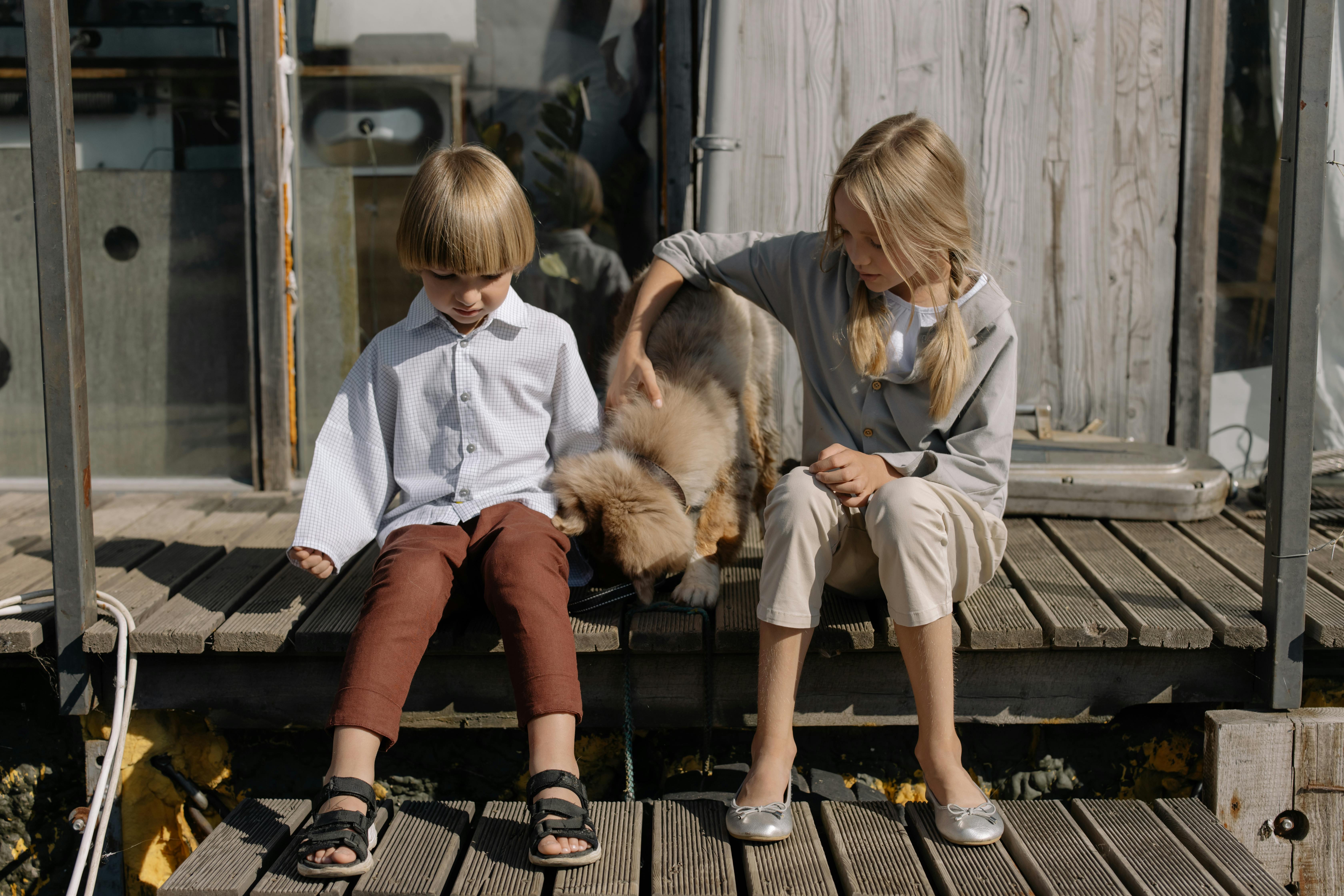Too many animals are left or given to shelters that do not kill and kill every day. Some people must relinquish their animals because an elderly parent can no longer care for them due to abuse or because the family cannot afford to provide ongoing care.
Shelters are packed to the brim and on tight budgets and deadlines. Sometimes an animal has as little as 24 hours to be adopted before it needs to be euthanized. Yet with all the conflicting information, people still buy pets they can’t care for or no longer want to care for.
Although many people blame breeders as the problem, they are only referring to a half truth. Puppy mill breeders are the problem. They produce litter after litter of animals that have received very little veterinary care and are often dumped with other animals, helping to spread a host of diseases.
This is why it is very common for puppy mills and pet stores that normally receive pets from puppy mills to have a sudden illness in their puppies a few days after someone takes the newcomer home.
Therefore, many legitimate breeders are very upset with puppy mills and pet stores because they treat animals like commodities and not live, breathing animals that deserve love and affection just as much as any other living creature.
This is never more in sight than with Bulldog breeders. The breed is one of the 24 most popular dog breeds, which means there are countless numbers of Bulldogs in pet stores and shelters across the country. Responsible pet breeders go to great lengths to avoid large litters, which puts them in direct conflict with factories.
There are some important traits that all legitimate breeders have in common, regardless of the breed of dog. They have small litters, provide veterinary records, do background checks on potential buyers, refuse to ship their precious puppies, and instead require the buyer to pick them up.
breeders keep their litters low because the puppies’ mother is usually a show bitch, which means their breeding and subsequent litter are planned months in advance. Also, breeders do not simply breed two animals to receive a litter.
They plan to breed the best animals together to create the best litter. This means that many bitches have one, at most two, litters a year. This is why so many reputable breeders have long waiting lists; they take their job seriously and will not compromise the health or welfare of the animal for a quick buck.
This welfare is key and all legitimate breeders can provide veterinary records for their animals. The only exception to the rule is if the puppies are too young to have been seen by a veterinarian before an interested party has inquired about them.
These pups are similar to a breeder’s offspring, so they won’t just send one of them to the highest bidder. Many responsible breeders conduct extensive background and lifestyle checks to confirm that the specific breed is a good fit for the family and that they understand the responsibility of the breed.
This is the same reason buyers should retrieve their puppies from the breeder and not ship them to the buyer. Although sometimes the breeder will drive and deliver the puppy to its new home, most prefer that the buyer pick up the puppy from the breeder.
These are just some of the traits that responsible dog breeders have in common. Although each is quite different, they all find puppy mills and pet stores reprehensible. One can contact the American Kennel Club or contact the breed organization directly and request a list of reputable breeders for more information on finding a reputable breeder.
